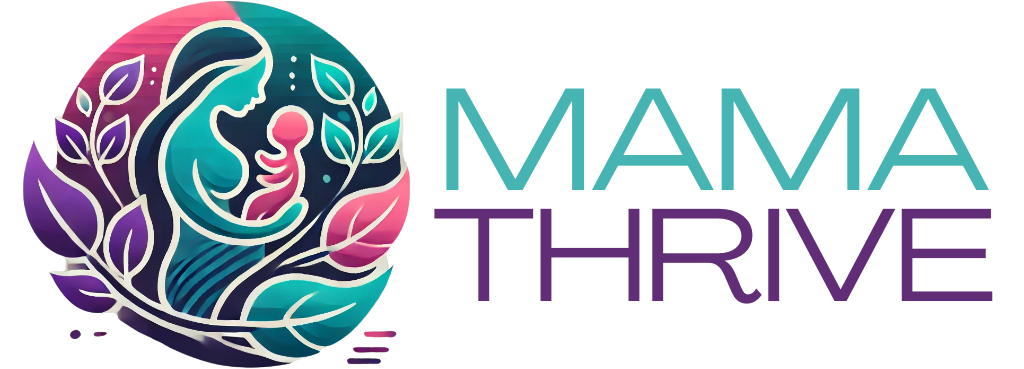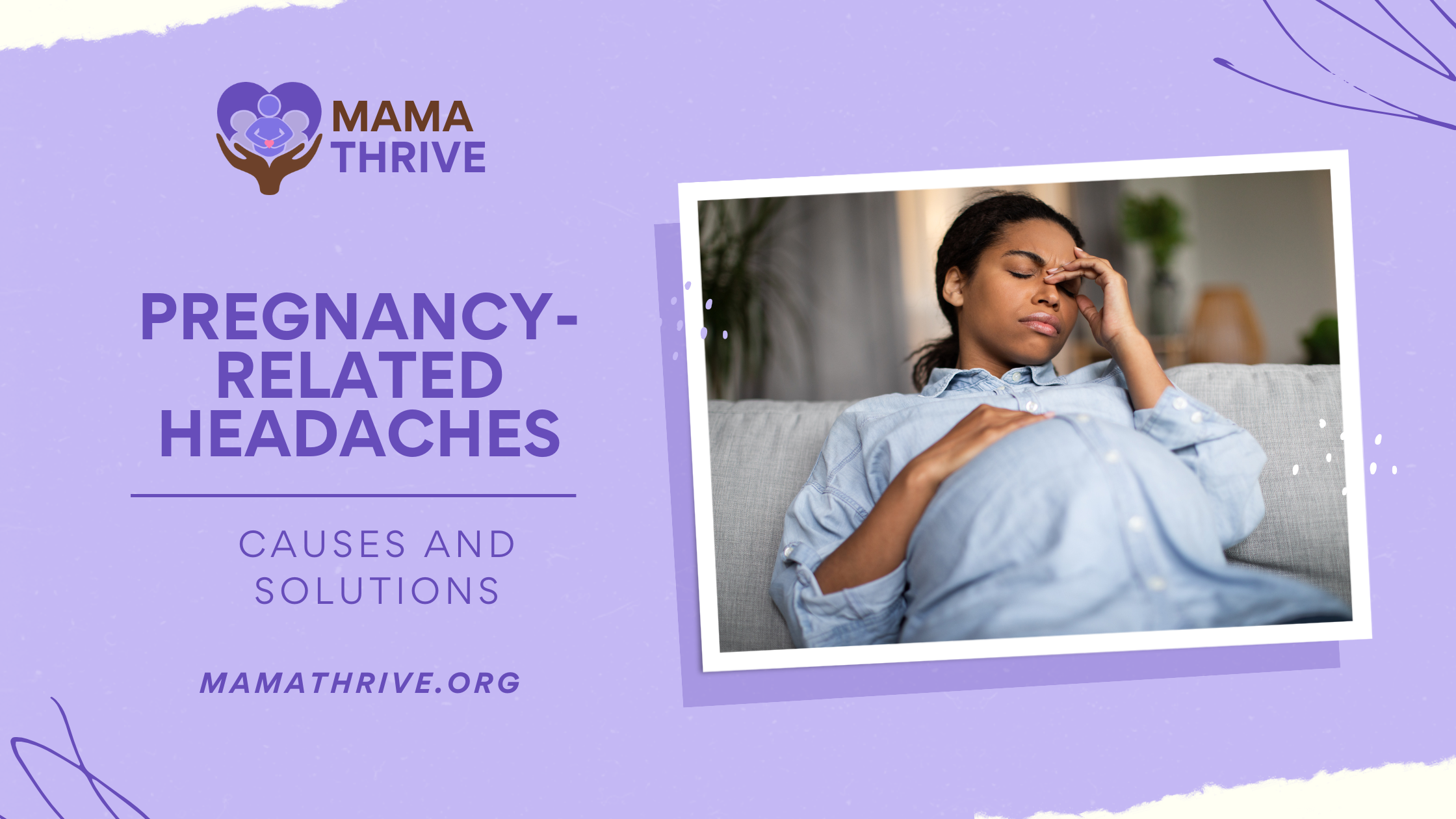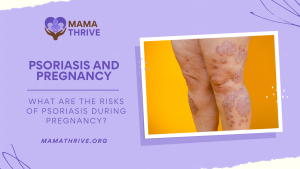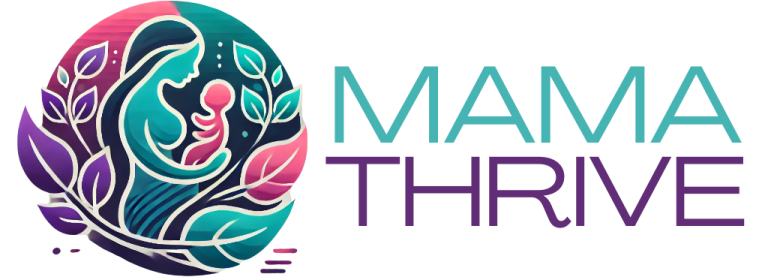Did you know that around 80% of pregnant women get headaches at some point? Pregnancy brings joy, but it also means dealing with changes like pregnancy-related headaches. These headaches are a big issue for many women.
Pregnancy-related headaches can be different for everyone. They might be mild or severe and happen often or once in a while. It’s important to know what causes these headaches and how to deal with them. They can be due to changes in hormones, stress, not drinking enough water, or more serious issues like preeclampsia. Understanding the types of headaches and their causes helps you take steps to feel better. This way, you can have a more comfortable pregnancy.
This article will focus on pregnancy headaches. We’ll look at what causes them and offer tips to deal with them. Whether you’re dealing with tension headaches, migraines, or a mix, you’ll get advice to make this part of pregnancy easier.
Understanding Pregnancy-Related Headaches
Pregnancy can bring about headaches of various kinds. Each type has its own unique symptoms and reasons. It’s key to know the various headaches to help deal with them better.
- Migraines during pregnancy is a common issue. They cause intense throbbing, often with light, sound, or smell sensitivity. Because of pregnancy, some usual migraine treatments aren’t safe for women to use.
- Hormonal headaches are tied to hormone changes in pregnancy. Fluctuations in estrogen and progesterone can lead to these headaches. These are among the most frequent types during this special time.
- Tension headaches cause a dull, achy pain. You can feel them in your forehead, temples, or the back of your head. They might come from stress, bad posture, or tense muscles.
- Cluster headaches are rare but important to know about. They bring severe pain to one side of the head. Preeclampsia headaches signal a dangerous condition in pregnancy, linked to high blood pressure.
- Other issues like anemia, dehydration, and stress can also lead to headaches. It’s essential to understand all possible causes. This knowledge helps in finding the best ways to handle them.
Learning about the types and reasons of pregnancy headaches is very beneficial. You and your doctor can make a solid plan to lessen your discomfort during pregnancy.
Causes of Pregnancy-Related Headaches
Expectant mothers often face headaches due to various reasons. Knowing these causes is the first step in handling and easing the pain. Effective headache management is crucial during pregnancy for the well-being of both mother and baby.
- Hormonal Changes
Hormonal changes are a key reason for these headaches. As the body adjusts to pregnancy, it undergoes significant hormonal shifts, which can trigger migraines or tension headaches. These are more common in the first and third trimesters when the biggest hormonal changes occur.
- Stress and Tension
Stress can also cause headaches during pregnancy. The extra strain of pregnancy, combined with the excitement and uncertainty of childbirth, creates ideal conditions for stress headaches. These often feel like a dull, aching pain that can spread from the neck to the shoulders and back.
- Dehydration
Not drinking enough water is a significant issue. Pregnant women need more fluids to support their baby’s growth and maintain their own health. Dehydration can lead to headaches, making expectant mothers feel tired, dizzy, and even confused.
- Anemia
Having anemia, which is common during pregnancy, might lead to headaches. Anemia means having fewer red blood cells and less hemoglobin, causing headaches that feel dull and throbbing or like pressure in the head.
- Serious Conditions Like Preeclampsia
Sometimes, headaches during pregnancy could indicate something more serious, such as preeclampsia. Preeclampsia is a dangerous condition that can harm both mother and baby, characterized by high blood pressure and persistent headaches. Immediate medical attention is necessary if these symptoms occur.
To learn more about this, consult with a free maternal telehealth provider.
Treating Pregnancy-Related Headaches
- Understand the Complexity of Treating Pregnancy-Related Headaches
Treating pregnancy-related headaches is complex and requires careful thought. Hormonal migraines and tension headaches are common, and understanding the types and appropriate treatments is essential for staying comfortable during pregnancy.
- Identify the Cause of Your Headaches
Finding the cause of your headaches is the first step. They could be due to hormones, stress, dehydration, low iron, or other health issues. Knowing the cause helps in finding the best solution.
- Consider Mild Pain Relievers and Non-Drug Treatments
Your doctor might suggest mild pain relievers for hormonal or tension headaches. Always consult your doctor before taking any medication while pregnant. Cold packs and calming activities like deep breathing can also provide relief.
- Address Dehydration or Anemia
If dehydration or anemia is causing your headaches, increasing your water intake and consuming iron-rich foods can help. Drink plenty of water and herbal teas, and eat foods like spinach, steak, and iron-fortified cereals.

- Use Safe Prescription Drugs for Severe Headaches
For more serious headaches, your doctor might prescribe safe medications. Some antidepressants can be effective without harming the baby. Your doctor will ensure any treatment is safe for pregnancy.
- Seek Immediate Help for Headaches Linked to Preeclampsia
Headaches related to preeclampsia require prompt medical attention. This condition involves high blood pressure and can harm organs, necessitating hospital visits, medication, and close monitoring.
- Make Lifestyle Changes to Reduce Headaches
Changing your lifestyle can help decrease headaches. Reducing stress, getting enough sleep, and maintaining a balanced diet can make a significant difference. Work with your doctor to manage headaches effectively during pregnancy.
- Stay in Touch with Your Healthcare Team
Maintain regular communication with your healthcare team to treat pregnancy headaches. Always prioritize what’s safest for you and your baby, and follow your doctor’s advice throughout your pregnancy journey.
Managing Headaches in the Postpartum Period
The time after your baby arrives can bring its own headache challenges. Figuring out what may cause your headaches is key. This knowledge helps in picking the right steps to deal with headache pains and keep you healthy.
After birth, your body is getting used to changing hormones. This shift can lead to migraines or tension headaches. These can bother you a lot and take a while to stop, needing different ways to help.
Headaches might also come from being dehydrated, having anemia, or sometimes preeclampsia. Stress and less sleep after your baby is born can make them worse too. These are often called stress headaches.
Talking with your doctor is very important to manage these headaches. They can find out what’s causing the pain and make a plan just for you. This plan might need changes in how you live, what you eat, or trying new ways to relax and reduce stress.
For hormonal headaches, the doctor may say some pain relievers are safe while you’re nursing. They might also suggest meditation or yoga to calm your mind.
If dehydration is making your head hurt, drink more water and possibly some drink with extra electrolytes. For anemia, eating different foods or taking iron pills might help.
Be aware that postpartum preeclampsia can cause very bad headaches. If your headaches are getting worse fast, see a doctor right away. This is important to do to make sure your life and health are safe.
Learning about what’s causing your headaches helps a lot. Working with your doctor can make these headaches better. Remember, caring for your own health is important while you care for your baby. Putting yourself first sometimes is okay and it can make this time easier for you.
Conclusion
Pregnancy-related headaches are quite common and can be tough. They can start with hormonal changes and last into the postpartum period. Women might deal with migraines, tension headaches, cluster headaches, and more. Some, like those from preeclampsia, anemia, or dehydration, have specific causes.
Knowing what causes these headaches is key to managing them. By learning about what can trigger headaches, pregnant and new moms can help their doctors create a good plan. This plan should cater to their needs and worries.
Lifestyle changes and using safe medications can help a lot of women. Keeping stress low, drinking enough water, and eating well are important. Doctors and experts like neurologists and dietitians can give great advice. They help women have a healthier and happier time during and after pregnancy.
The medical field is always looking for new ways to help with pregnancy headaches. With more research, better and more personalized treatments are on the way. Staying active and informed lets women play a big role in their health. This way, they can focus on the amazing parts of becoming a mother instead of the headaches.





